Harvey E. Goldberg is emeritus professor and Sarah Allen Shaine Chair in Sociology and Anthropology at Hebrew University in Jerusalem. Utilizing both field research and historical documentation, he has focused on the cultural history of Jews in North Africa, ethnicity and religion in Israeli society, and, more generally, on the interface between anthropology and Jewish studies. Recently he has been involved in projects concerning Jewish life in the United States, where he was born.
Shmuel Rosner: You write that “many Jews, particularly those who see themselves as bearing responsibility for the Jewish future, view recent changes and developments with alarm.” Such alarm, you say, “distracts us from understanding the positive and culture-constructive aspects of Jewish responses to trends unfolding in the United States, Israel and elsewhere.” Can you name the two or three most positive aspects?
Harvey E. Goldberg: In the United States, my colleague Steve Cohen and other researchers have pointed out that while there are Jews who “leave the fold,” those who remain engaged in Jewish life do so with greater commitment, intensity and knowledge. The education they make available to their children reflects the same trend. This is true for all the standard categories, including Conservative and Reform Jews, and also expresses itself in new types of congregations that define themselves and their images of Judaism in ways that move beyond conventional denominational labels. In Israel, the past generation has witnessed the growth of a range of frameworks in which Jews who most likely would be classified as secular seek exposure to Jewish texts and devote time to expand their knowledge of Jewish culture and history. Even if these new forms of study do not lead to changes in observance from a traditional rabbinic point of view, they demonstrate the growing awareness that it is no longer acceptable for Judaism to be the monopoly of datim, or the religious, alone. Another phenomenon that can be found in both countries is the greater participation of women in public religious life.
SR: Can you say something about the different ways in which Jewish feminism impacts Orthodox Jews in the United States and in Israel?
HG: An important change in both countries is that women began studying everything that men did. Today, there are professors of Talmud who are women. This does not occur among Charedim, of course, but within Modern Orthodoxy or Israeli National Religious streams, women are recognized as having advanced knowledge of the whole gamut of Jewish texts.
SR: Please explain: “In the American context, informed by late-modern trends but also with roots in Protestantism, the contemporary locus of religion is the individual looking out. But in Israel, we are witnessing an opposite move —the weakening of collective imperatives and a groping toward the individual as a site of Jewish value.”
HG: American civilization developed around an ideology that saw the individual with his (and now, her) religious conscience as a sacred cornerstone that must be respected, and out of which various forms of associations grew. Add to that the trends of late modernity or postmodernism, which question perceived cultural categories and master narratives, and we are not surprised to find Jews in America expressing themselves in diverse and fragmented religious modes according to their preferences and sensibilities. In Israel, we are beginning to see partially analogous trends coming from the opposite direction. Beginning from firmly formulated notions of collective identity and solid institutional structures, the growing emphasis on the individual in all spheres of Israeli life — from economics through the exposure to global culture — means that people sense they should have more choice in the realm of religion as well.
More and more Israeli Jews believe that they have the right to follow Judaism as it feels right to them, and not only in terms of norms handed down from the past. With privatization being such a dominant Israeli theme, it is understandable that it now appears in the realm of religion. Thus, some Jews in Israel recently have found that they appreciate forms of religious expression that evolved in the Diaspora, and at times are attracted to them.
SR: Is there a growing gap between Jewish Americans and Jewish Israelis? If so, why?
HG: The basic historical fact is that Judaism in America and in Israel have evolved along differing trajectories. Given the constitutional separation of church and state in the United States, Jews were free to formulate different religious paths and to organize synagogues, schools and other forms of communal life accordingly. This led to the growth of liberal forms of Judaism, but even Orthodoxy in America benefited from this freedom. Diversity among the various streams grew with time, and no group can force its beliefs and practices on another.
In Mandate Palestine, and then the State of Israel, Jews who were committed to exact religious practice sought to protect their way of life and turned to politics to ensure that formal institutions were in place enabling them to follow their religious conscious. This resulted in the established place of Orthodoxy, and the separate streams of education seeking to ensure the continuity of various Orthodox ideologies and groups.
Thus, while the majority of Jews in America affiliated with Reform or Conservative congregations, these were stifled in the Israeli setting and only slowly attained some recognition. The recent strengthening of strong nationalist rhetoric in Israel, anchored in the conflict with Palestinians, is another factor now driving many Jews in America along religious and cultural roads that separate them from Israel. Liberal ideologies and laws enabled Jews to make their way in America, and many find it difficult to understand why Israel seems to ignore or even run against these principles. There thus have emerged articulate Jewish voices in America that distance themselves from contemporary Israeli life. Simultaneously, other American Jews feel deep connection to Israel no matter what policies its leaders advocate, and some remain attached even as they try to contribute to projects of social change.
SR: And an easy final question: All in all, is Jewish civilization rising or declining?
HG: Easy, because it’s impossible to answer, but I can suggest several points that should be kept in mind. First, one should not equate change with decline. Many patterns of Jewish life are undergoing change, and it takes time to reach assessments whether these are contributing to Jewish civilization or detracting from it. Second, calling Judaism a civilization needs to be qualified. Judaism has deep historical roots and has spread throughout the world, but because of the small number of Jews compared to other major civilizations, Jewish culture and religion have always been closely intertwined with other ways of life.
Some Jewish ideologies, particularly those we call Orthodox, have sought to deny or minimize the fact of cultural interchange and dialogue, but any sober look at Jewish history reveals myriad examples of what we consider Jewish to reflect give-and-take with the wider environment. This realization need not lead to extreme positions: Viewing Judaism as a minor derivative culture, on the one hand, or seeking greater self-isolation to help protect Jewish ideals and practice, on the other. Jews need to be informed about their past and exposed to a variety of Jewish paths that are being forged in the present. Armed with such self-understanding (which entails a grasp of other civilizations within which Jewish life has grown), contemporary Jews can make thoughtful choices that are also informed by ingrained Jewish habits.
If Jewish civilization succeeds, to continue to grow and flourish, it will only be on the basis of internal variety and dynamic efforts to hold onto what is significant from the past, while creatively sorting through new sources of influence and pressure.







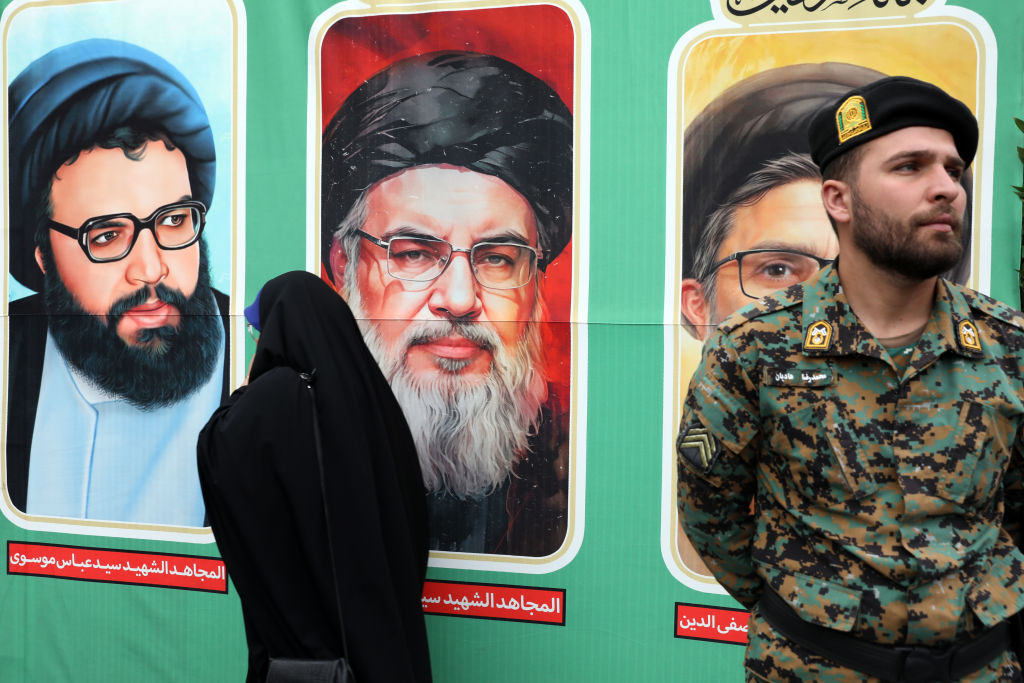
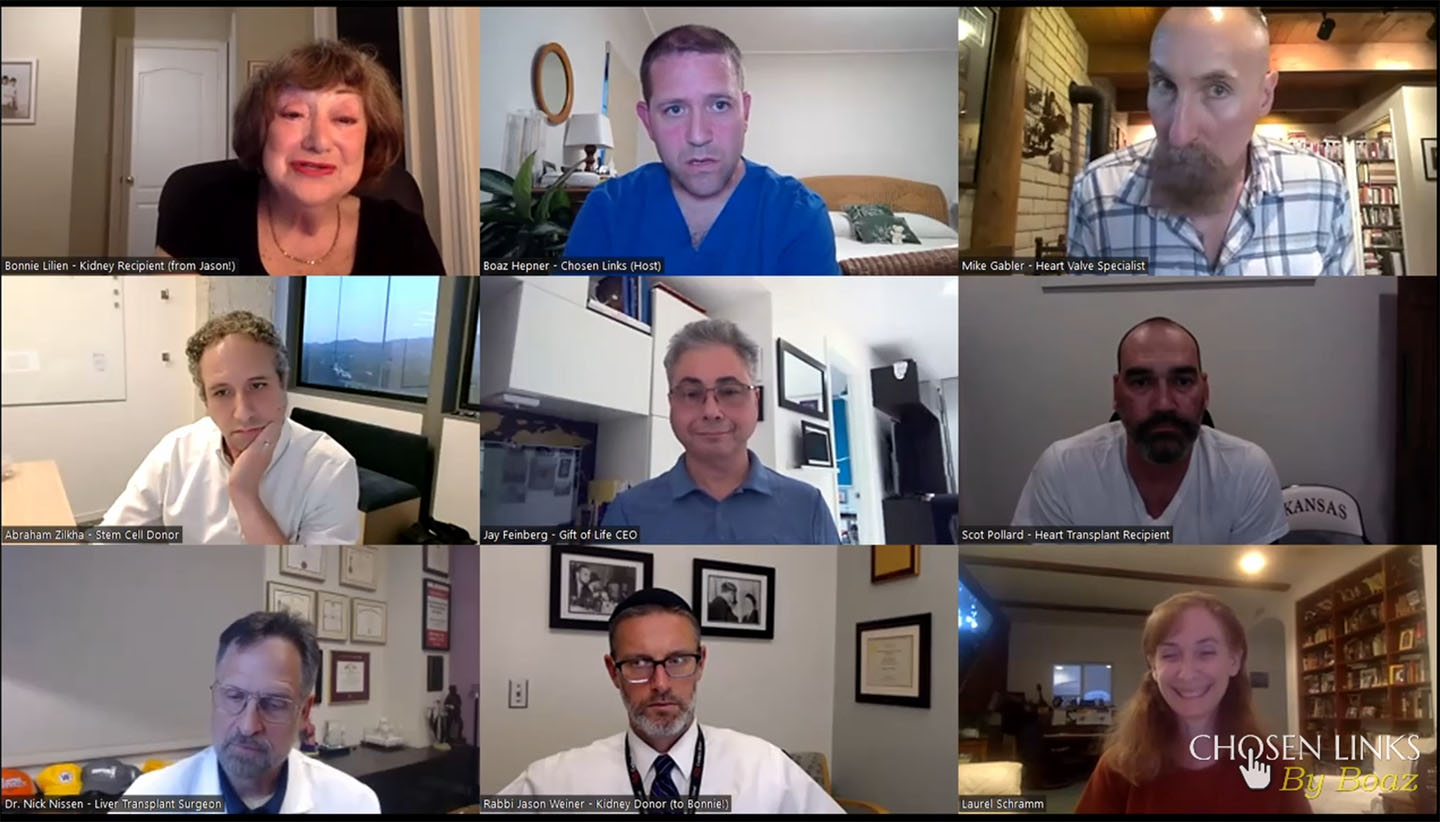
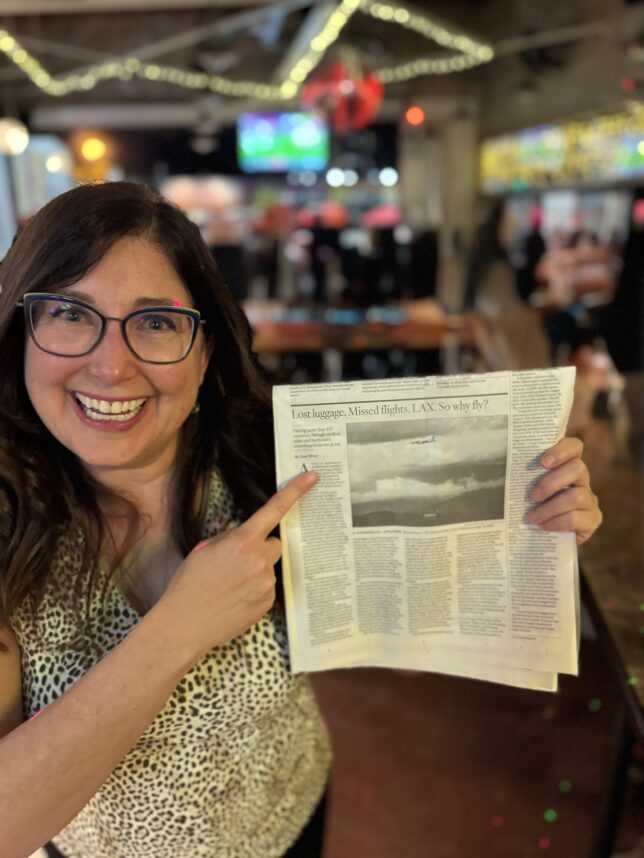
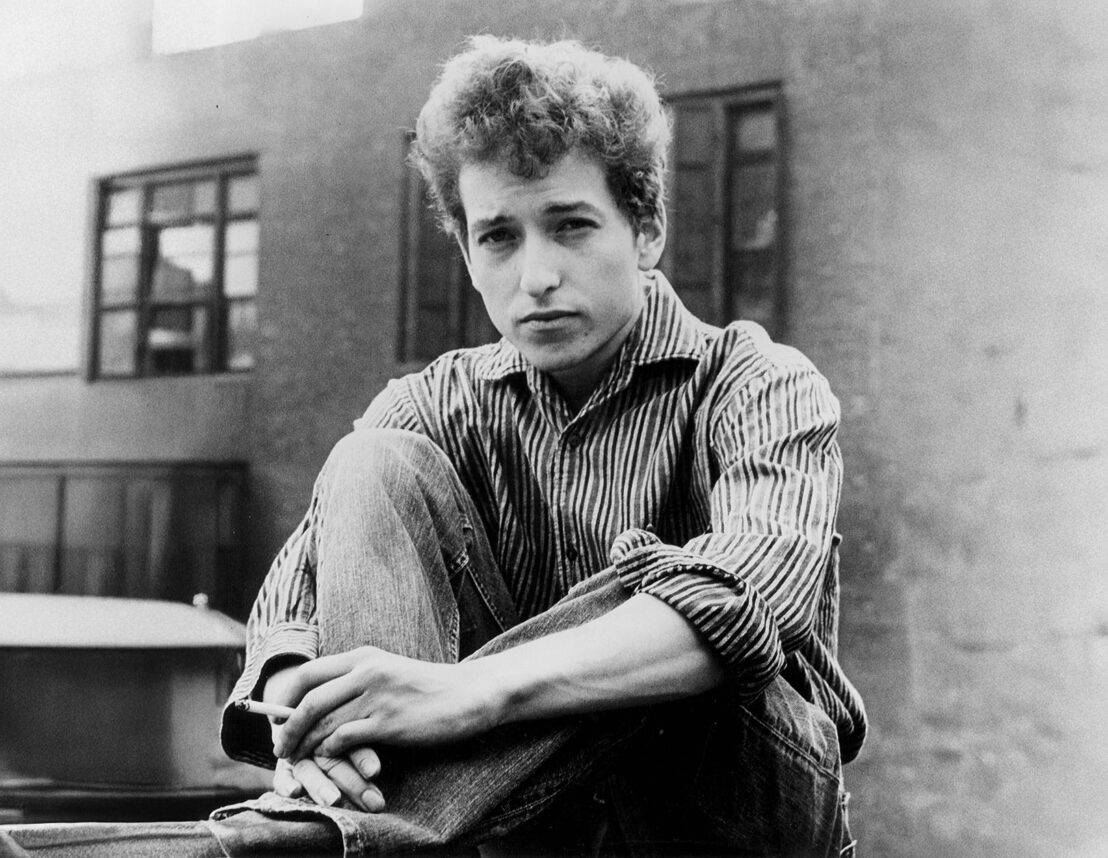

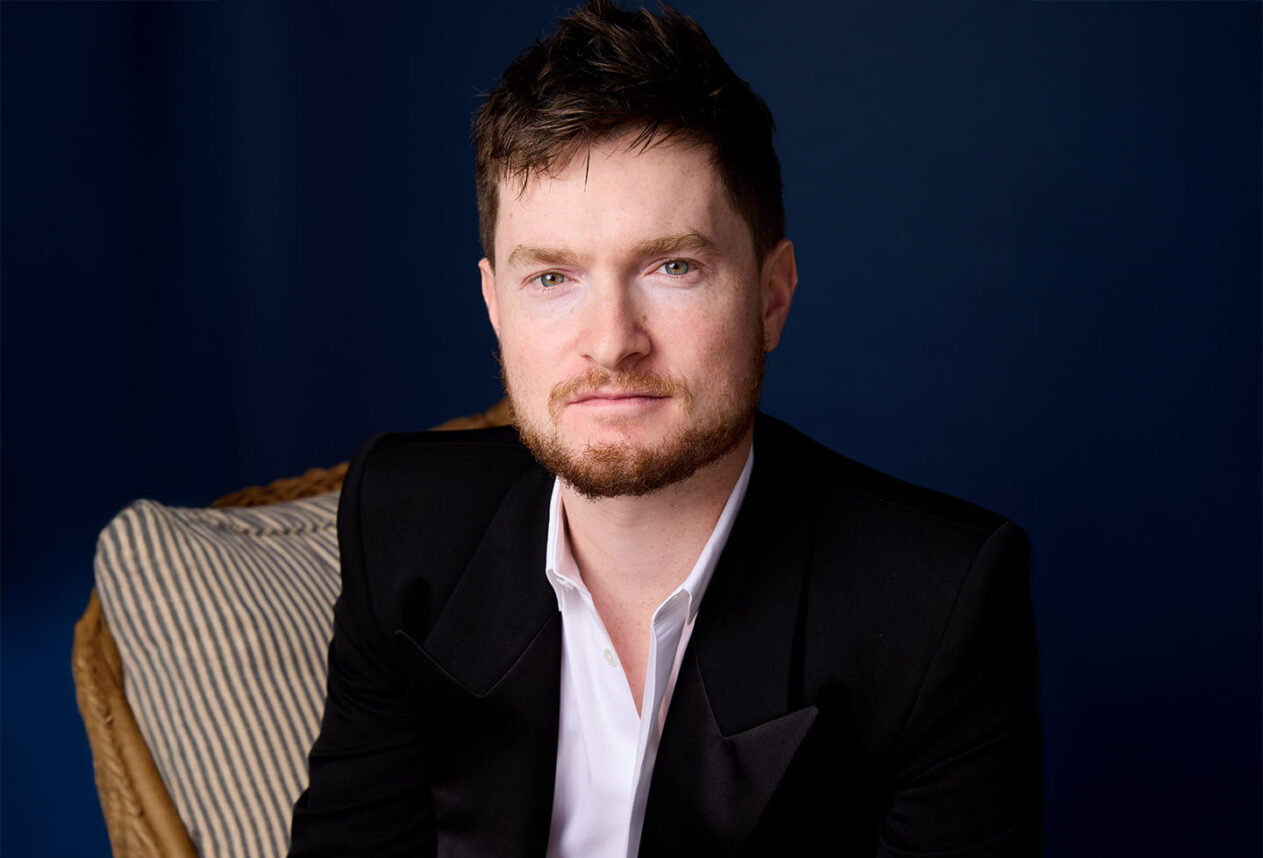

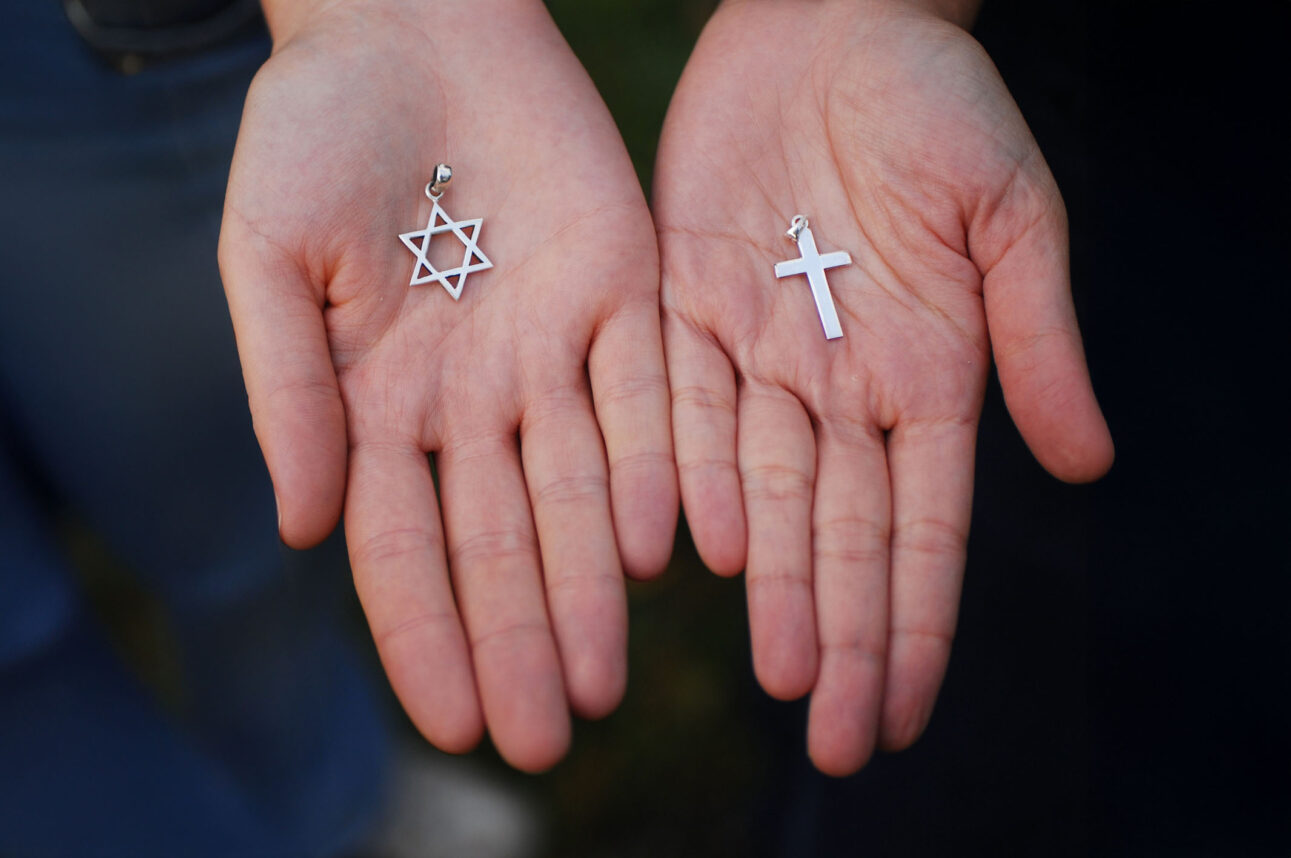
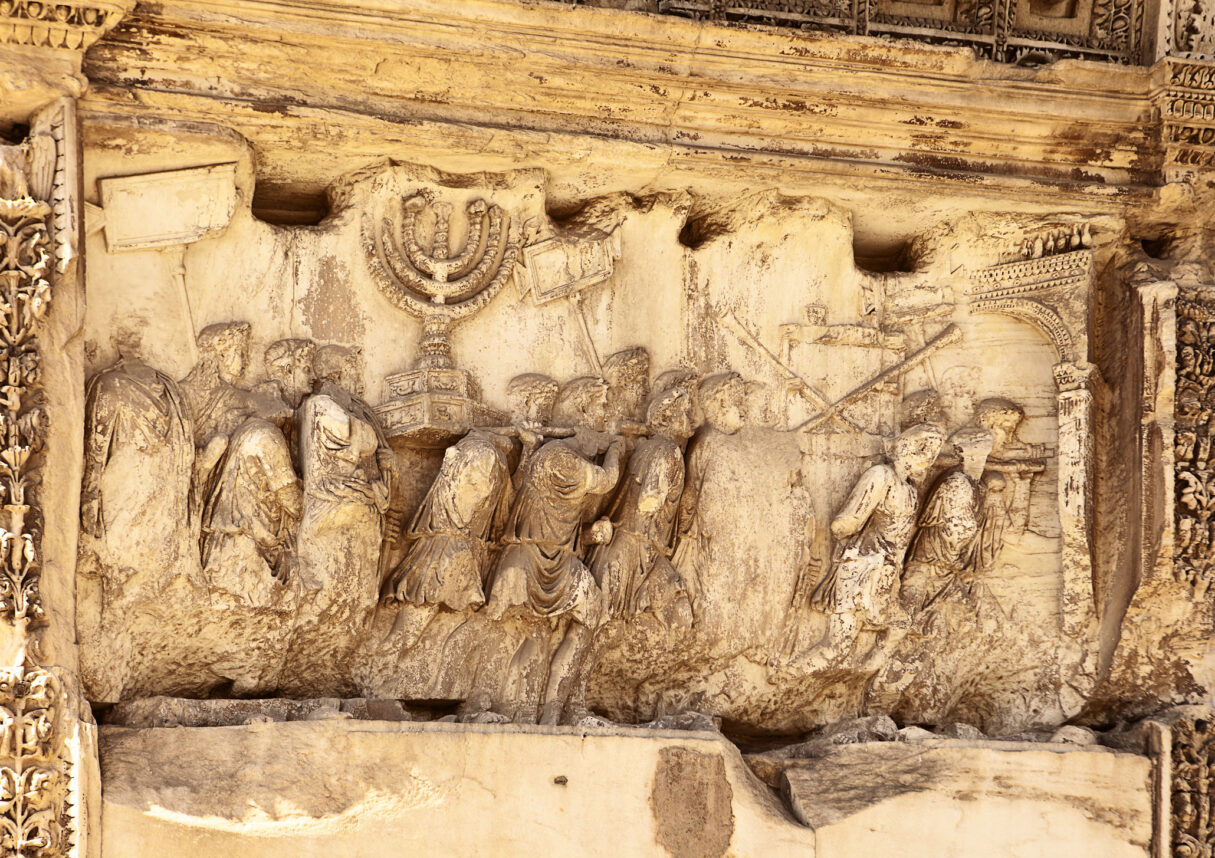







 More news and opinions than at a Shabbat dinner, right in your inbox.
More news and opinions than at a Shabbat dinner, right in your inbox.